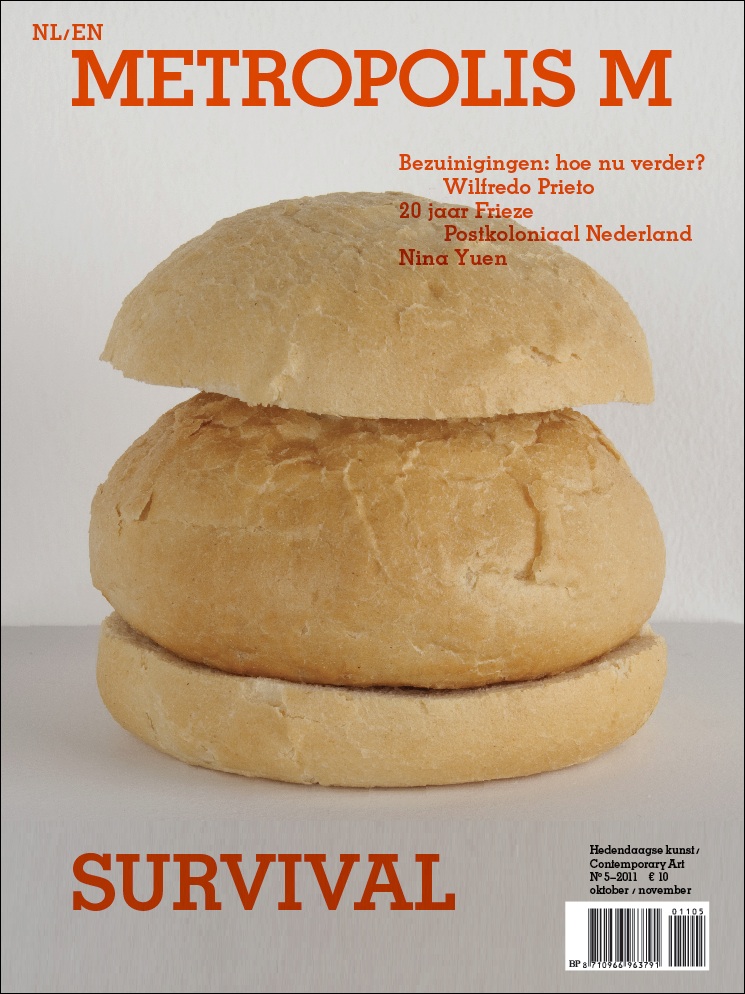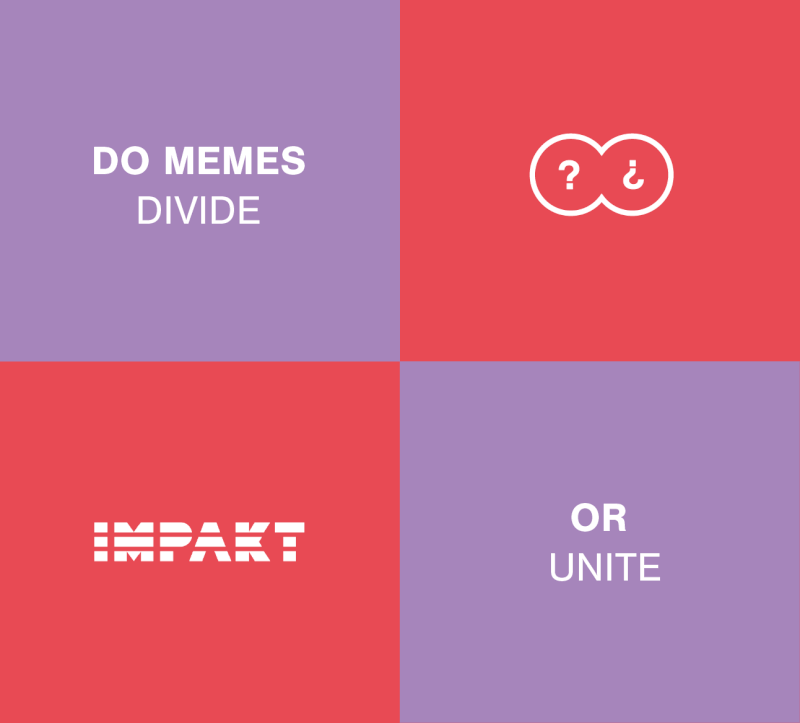Markus Miessen on ‘Crossbench Praxis’
Politicians Without a Party
Markus Miessen on ‘Crossbench Praxis’
The current political climate requires a different kind of politics than the one most of us grew up with, that of coalition forming and consensus politics. So claims architect and cultural researcher Markus Miessen. He wants to break with the culture that seeks the highest common denominator and argues for a politics that magnifies differences instead of bridging them.
Could you explain what ‘Crossbench Praxis’ is?
‘Crossbench Praxis is a theory I am working on at the moment, a specific role that I am developing, which works towards an independent and pro-active individual without an appointed political mandate, who retains an autonomy of thought, proposition, and production. This role entails that in a given context one neither belongs to nor alligns with a specific party or set of stakeholders, but can openly act without having to respond to a pre-supposed set of protocols or consensual arrangements. Especially in the context of the recent culture crisis in the Netherlands, the role of the crossbencher – as they call the independent politician in the über-conservative British House of Lords – becomes increasingly relevant. I am hijacking this role from this conservative setting in order to use (or misuse) it as an analogy: it proposes a way of acting, in other words a practice, which operates on the basis of alternative and self-governing political parameters.’
What is the advantage of Crossbench Praxis compared to a more moderate debate, such as the Polder Model, or the Third Way?
‘Crossbench Praxis aims to open up a fresh debate, not as a theory, but as a way of acting politically. I would not say that there is an advantage, as I am not trying to sell a new type of refridgerator or flatscreen TV, but what I would claim is that it introduces an alternative means of triggering an urgently needed conflictual debate amongst those people who have been forced to act consensually by default. A Dutch friend once told me that there is a saying in the Netherlands: “Don’t stick your head out too much, otherwise it may be chopped off.” I think this is quite telling.’
What is the problem with a more moderate, all-inclusive democracy? Shouldn’t every democracy at least try to be all-inclusive?
‘Of course an ideal democracy should be all-inclusive, but then this is very theoretical. Democracy also means to accept that there is a majority and a minority. What is more important than constantly thinking about all-inclusive models, which on a certain scale simply do not work, is how to politically educate, and – more so ¬– how to get people to vote. Part of the reason why some countries have ended up with ludicrous governments is because many people don’t cast their vote, and some fall for seemingly easy-way-out populist slogans.’
You suggest consensus practices are holding back the real choices to be made, the creative renewal, the progress wanted. I don’t see why this is the case. At least not per definition. I don’t see consensus politics as uncritical. I tend to see them as open-minded.
‘I am not saying that consensus politics are uncritical. What I am saying is that it is not very fruitful for a political – and thus conflictual – culture to be exposed to a climate by which you can only move things forward if a pre-determinded consensus is being understood as the only starting point for any further debate. This is true for most formal political parties, but also the case in many city governments, architectural competitions, formal juries, and even the art world. If you read my book carefully, you will find that I am opposing a mandated kind of participation, one that is being prescribed top-down. What I am advocating is pro-active citizenship and this, from my point of view, starts with a conscience coupled with the will to act – even if will to act simply entails informed debate and going to the ballot booth to cast your vote.’
How would you define decision-making within an editorial team? We at Metropolis M are used to a consensual way of working and are happy with it. I always have promoted the editorial team over any more autocratic regime, as is usually practiced in the art world, more specifically the (Dutch) museum where the director is the one to decide in almost every respect. Of course we are also crossbenchers, as each other’s critics, but I would prefer to describe the mode of operation in a wider sense as consensual.
‘Crossbenching in my definition is not to be mistaken with some kind of cross-disciplinary practice. One should not try to jump scales as if there were no difference between the responsibilities and realities of an editorial office as opposed to a national government. I am not proposing an autocratic regime in which a single individual decides. When I say that “sometimes democracy should be avoided at all costs”, I mean to say that sometimes we also have to accept that certain elected representatives make decisions, and they make these decisions because they have been mandated to do so. Now, the question is how can one act without mandate and how can we develop this role.’
I see certain populist characteristics in your definition of Crossbench Praxis. The current succes of Geert Wilders in the Netherlands is considered to be a reaction to the consensus politics of the nineties. Wilders is re-introducing political debate, while it had been leveled out by liberals and social-demcorats during the nineties (the so called Purple coalition). Wilders is the topical agonistic character, an excellent debater, and very much appreciated for being so controversial, individualistic, independent, keeping away from party politics (see his characteristic excentric looks). You could say he is a perfect crossbencher. How to respond to him in this regard? With Crossbench Praxis?
‘It requires the individual to become a pro-active citizen with a conscience, assuming responsibility and not simply waiting to be asked to participate in a structure or set of protocols dictated from above. Part of the problem with Wilders is that for many people he is an easy, one-liner way out, a populist megaphone that translates basic wishes of a partially frustrated population. They want change, but they cannot be bothered to work for it themselves. Crossbench Praxis could absolutely be a way out of this crisis, but it would entail that people assume responsibility beyond lining up behind populist representatives. I am not trying to provoke, I am trying to instigate and trigger a debate. I think there is a fine line between the two.’
Don’t you think that the oppositional voices within Crossbench Praxis could complicate democratic procedures and decision making? We see these problems in Denmark and the Netherlands, where a regular majority coalition is no longer possible because of the magnification of political differences, and a minority regime decides for the majority. Even more so in Belgium, where parties are no longer able to formulate a compromise. What future is there for democracy without the capacity to look for a compromise?
‘I am not arguing from a point of view of formal elected government only, but also from the other end, the individual or outside group that pro-actively steps into the debate. Of course, a certain consensus always needs to be envisioned as a result in order to make a decision, but it depends on the policies and the processes that are designed in order to reach this point of consensus. My basic thesis is very simple: there is a need to assume responsibility beyond being asked or invited to do so and to have the conviction to self-initiate discourses. Part of the problem I see is that many people would not even consider becoming politicians any longer. Too many processes and “things” today are short-lived, there is not enough longevity any more. I am trying to instigate a debate about alternative voices from the outside. My plea originates from the situation in the art and architecture world and how it has developed since the mid-90s. However, the interesting thing is that this is of course a reflection of a wider change in the political landscape across Europe. Although I am absolutely behind participation as a mode of democratic practice, I have to say that what I have witnessed over the last decade is dangerously moving toward a culture in which creativity is being replaced by top-down spoon-feeding that is being called, titled and misused as “participation”.’
Domeniek Ruyters is editor-in-chief of Metropolis MDomeniek Ruyters is editor-in-chief of Metropolis M
Domeniek Ruyters













